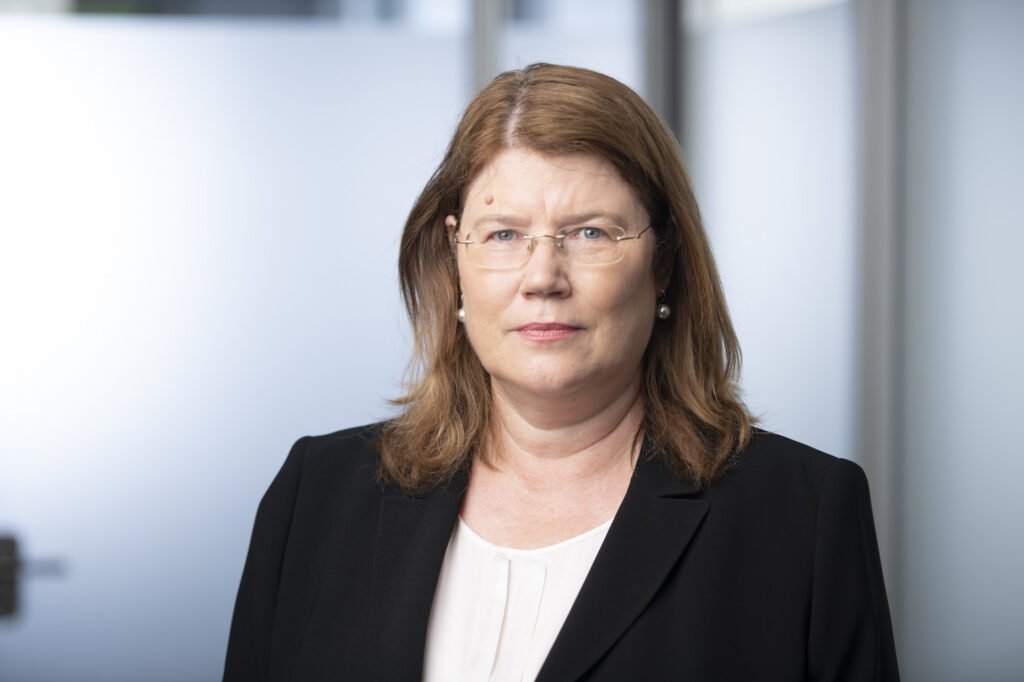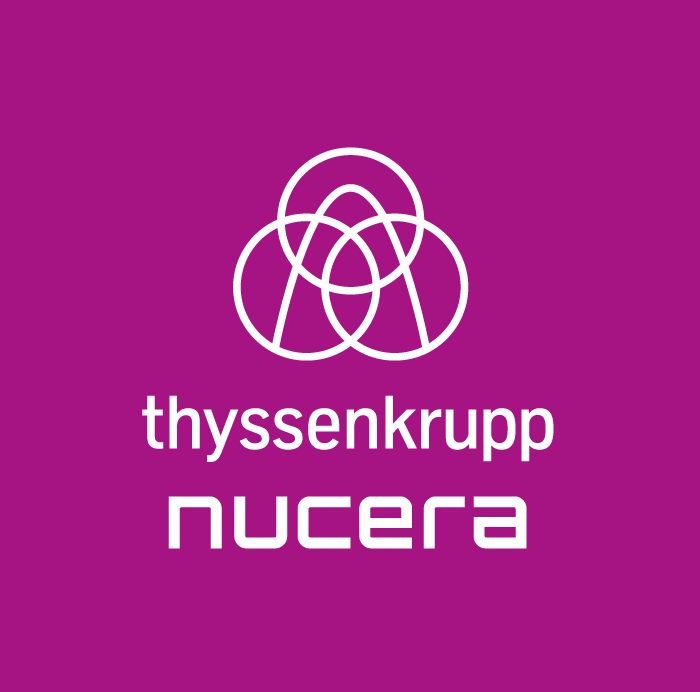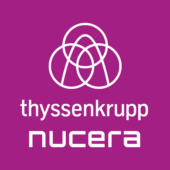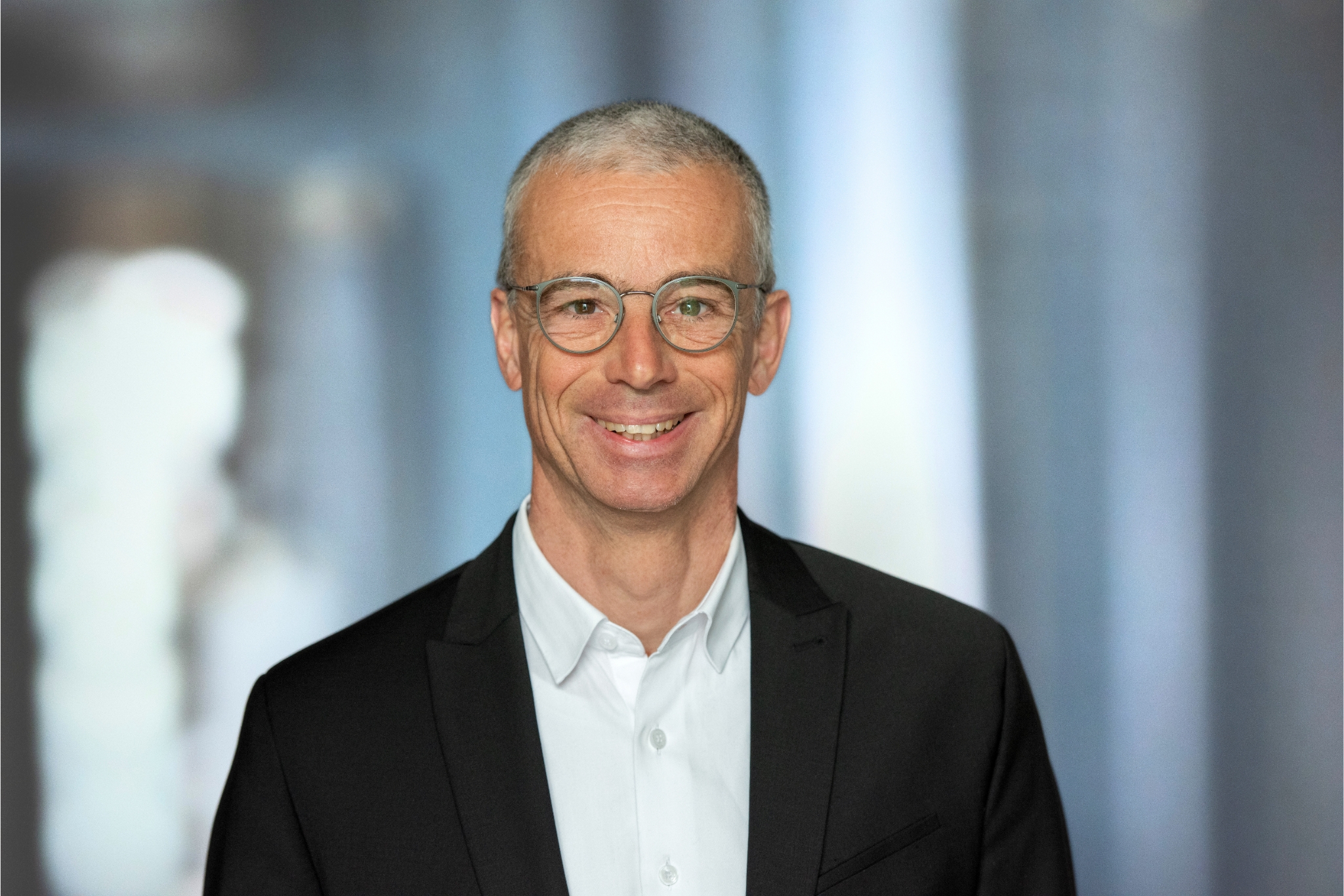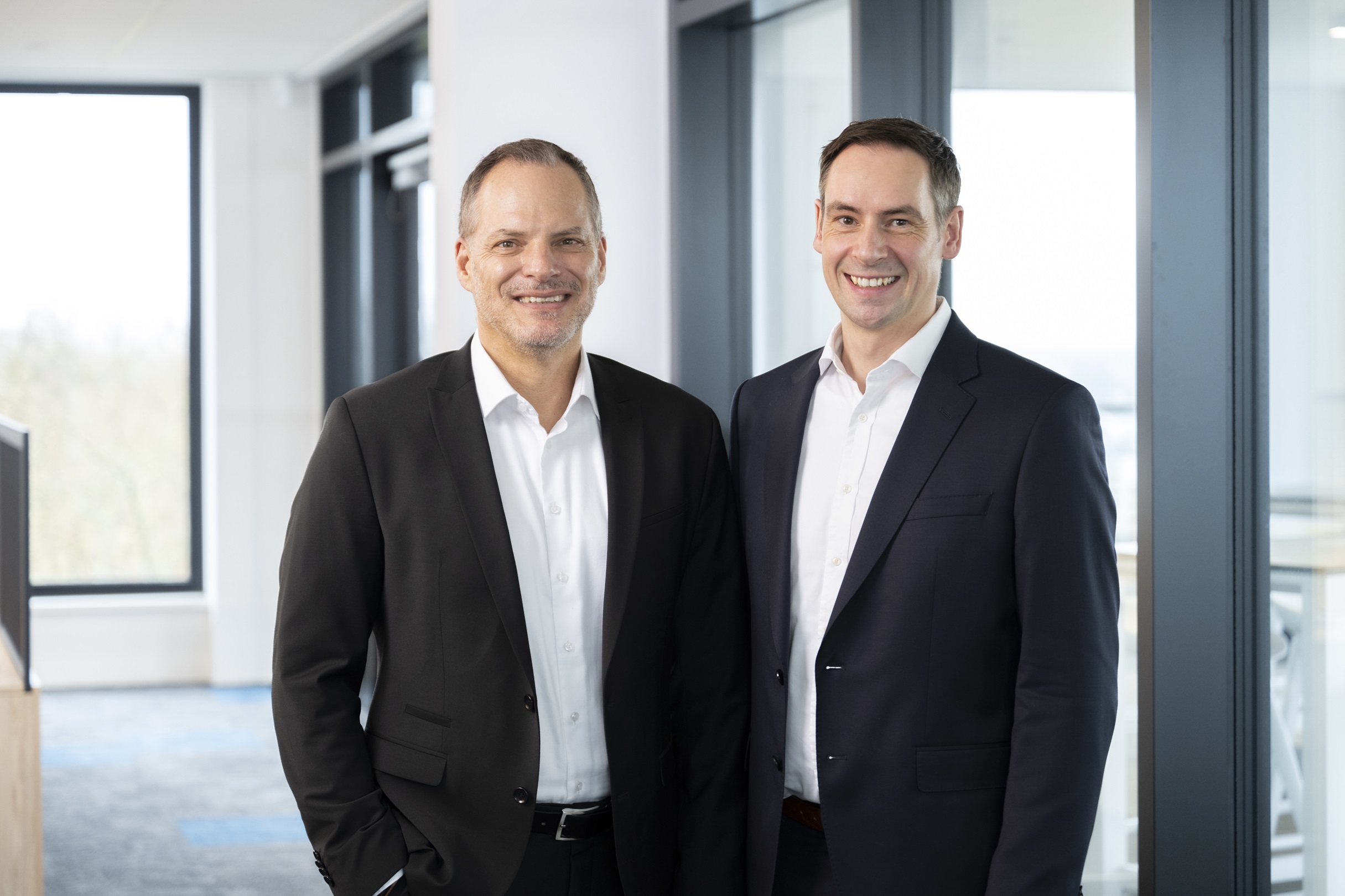thyssenkrupp nucera Supplies the Electrolyzers for H2 Green Steel to Build One of the Largest Integrated Green Steel Plants in Europe

• Use of water electrolyzers from thyssenkrupp nucera with more than 700 MW capacity to produce green steel in Sweden.
• First large-scale green steel plant in Europe.
• Standardized 20 MW “scalum” electrolysis module for carbon-free hydrogen to produce 2.5 million tons of green steel per year, with a planned ramp up to 5 million tons by 2030.
• Using green hydrogen in steel manufacturing may produce up to 95% lower carbon emissions.
• The site will be powered by renewable energy sources such as hydro- and wind power.
Dortmund, May 22, 2023 – thyssenkrupp nucera partners with H2 Green Steel in constructing the first large-scale green steel plant in Europe. The standardized 20 MW electrolysis modules “scalum” from the supplier of world-leading electrolysis technology to produce green hydrogen will enable an installed capacity of more than 700 MW. This will also create one of the largest water electrolysis plants in Europe.
The green hydrogen will power a new, fully integrated, digitalized and cycle-oriented steel plant in Boden, northern Sweden. Operations are planned to start at the end of 2025, with a scheduled ramp up in 2026. In the initial phase, the site will produce 2.5 million tons of green steel and by 2030 is planned to have increased to around 5 million tons. Green steel products are already in exceptionally high demand from the automotive industry, which will thus be able to reduce its carbon footprint so decisively.
In steelmaking, the industrial start-up from Sweden eliminates climate-damaging carbon by using green hydrogen in the direct reduction process of iron. This process no longer produces liquid pig iron, but a solid iron sponge refined into crude steel in a so-called electric arc furnace. For steel production, H2 Green Steel uses green hydrogen produced in the electrolysis plant directly at the Boden plant where it has a constant supply of renewable (hydro- and wind power) electricity.
The alkaline water electrolysis technology used to produce green hydrogen for the direct reduction of iron enables H2 Green Steel to reduce carbon emissions by up to 95% compared with conventional steelmaking, thus almost zero.
“The electrolysis plant in Boden will be many times bigger than most existing electrolyzer plants today. Combining our own strong technical expertise with that of a proven high-performance and high-efficiency electrolyzer like thyssenkrupp nucera’s gives us a solid head start in the growing green hydrogen economy, which we will use to transform heavy industry with its difficult-to-degrade process emissions. We’re starting with steel in Boden, Sweden, but that’s just the beginning,” says Maria Persson Gulda, Chief Technology Officer of H2 Green Steel.
H2 Green Steel aims to help offset manufactured emissions and combat climate change. To do so, it wants to drive the necessary decarbonization quickly. That’s why the industrial start-up focuses on areas where the most impact can be made, i.e. hard-to-abate industries.
In realizing this ambitious climate-friendly project, H2 Green Steel has chosen an industrial partner with a proven history in chlor-alkali and various other projects under contract with a similar or even larger production capacity in alkaline water electrolysis. These include green hydrogen projects around the globe, such as installing a 2+ GW electrolysis plant for Air Products in Saudi Arabia, delivering a plant for Unigel in Brazil and a 200 MW hydrogen plant for Shell in the port of Rotterdam.
“H2 Green Steel has made an important statement. The company is consistently driving forward decarbonization in the steel industry, urgently needed to prevent climate change, at the necessary high pace. In this way, the industry can make a decisive contribution to climate change. We look forward to this cooperation,” says Dr. Werner Ponikwar, CEO of thyssenkrupp nucera AG & Co. KGaA.
H2 Green Steel is also the first company to reserve production capacity due to the very high demand for thyssenkrupp nucera’s solutions earlier this year. “The market for green hydrogen production solutions is growing very dynamically. Companies need to reduce delivery times by continuously building up capacity, thus improving the plannability and feasibility of projects. This development is also reflected in the demand for our large-scale and highly efficient water electrolyzers with our 20 MW modules “scalum.” By reserving production capacities, customers can secure access to these capacities and thus a decisive competitive advantage,” says Dr. Christoph Noeres, Head of Green Hydrogen at thyssenkrupp nucera AG & Co. KGaA.

Rita Syre
Senior Media Relations Manager
Mobile: + 49 174 161 86 24
E-Mail: rita.syre@thyssenkrupp-nucera.com

